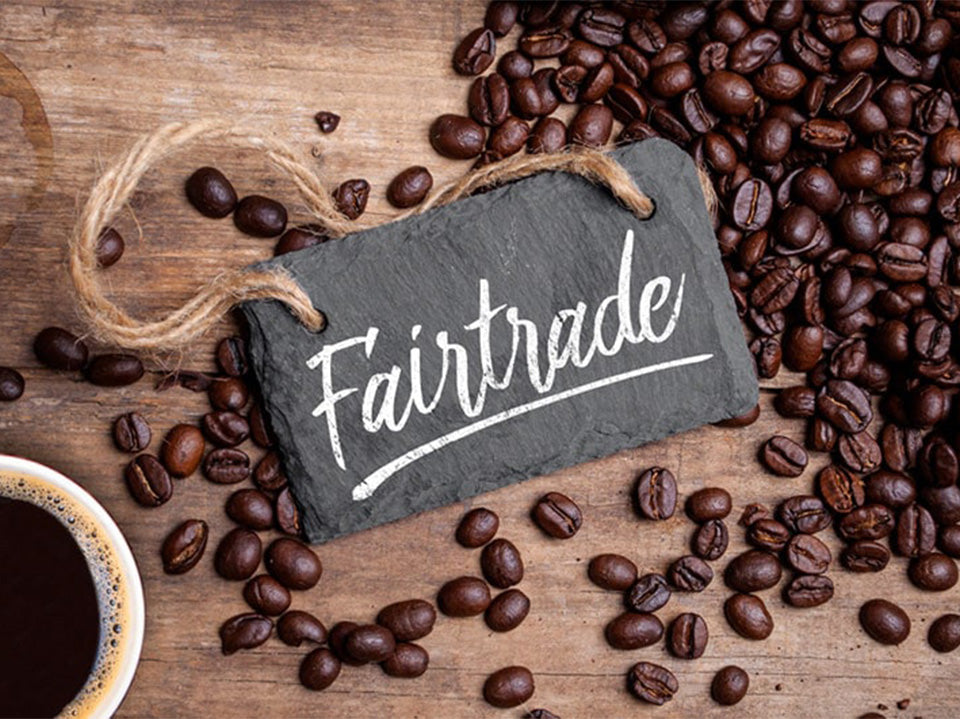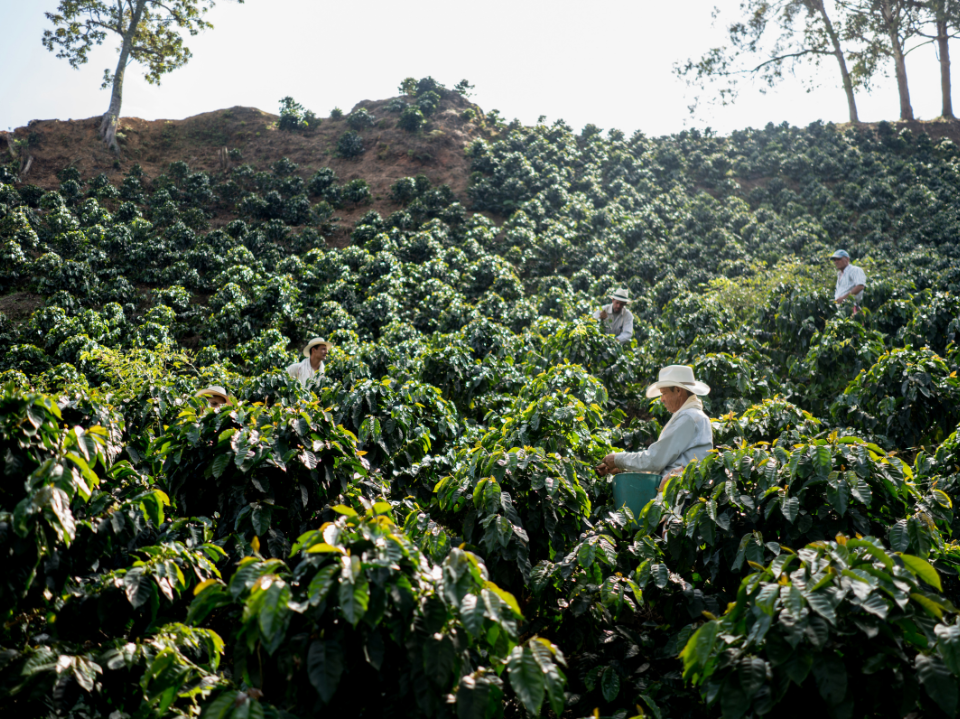An estimated 1.6 billion cups of coffee are brewed daily, however, coffee drinkers are often unsure about the origin of their coffee.
Coffee production varies year on year, which can cause serious consequences for those who depend on coffee farming for their livelihood.
So what is fair trade coffee? And, how does fair trade coffee affect the environment?
What Is Fair Trade Coffee?
Fair trade coffee means that the coffee bean has been examined throughout the entire supply chain to meet specific sustainability and labor standards.
It focuses on small producer organizations and ensures coffee farmers who grow fair trade coffee beans receive a fair price while protecting their communities and the environment. When market prices fluctuate, fair trade coffee guarantees coffee growers pay the Fair trade Minimum Price for their produce.
Where Does Fair Trade Coffee Come From?
The fairtrade coffee movement began in the late 1980s when Mexican coffee farmers struggled with the collapse of coffee prices.
Mexico is now a huge producer of Fairtrade coffee and has influenced the rest of the world to follow in its footsteps. Now, every country that produces coffee beans has Fairtrade organic coffee farmers.
How Does Fair Trade Coffee Help Coffee Farmers?
Fair trade certified coffee helps approximately 800,000 coffee farmers receive a sustainable price for their coffee. This protects coffee farmers from sudden price drops and allows them to make more income, ultimately leading to a better quality of life.
Coffee farmers also receive a fairt rade premium, which is an extra sum of money given to workers as an additional bonus so they can invest in projects of their choice.
Fair trade allows farmers to negotiate in trade and reach a larger market because it supports small producer organizations — such as cooperatives and associations — so they can function independently and productively.
How Does Fair Trade Coffee Affect The Environment?
1. Fair trade coffee focuses on environmental sustainability
What is fair trade certification? To become fair trade certified, farmers must increase soil and water quality, avoid chemicals, manage waste, and decrease greenhouse gas emissions.
Like organic certification, fair trade certification assures you know where your coffee comes from.
2. Sustainable coffee usually means better taste
Fair trade Organic coffee ensures coffee growers use sustainable production methods and that the coffee beans are picked by hand. Therefore, only the best beans are selected, leading to a higher-quality taste.
Fair trade Organic coffee beans are also grown without the use of pesticides or harmful chemicals, so they keep all their nutrients and delicious flavour, like our Distefano medium roast.
3. Wildlife is better preserved with fair trade coffee production
Many coffee farms destroy natural habitats, causing a decline in biodiversity. Fair trade ensures farmers protect the habitats of animals and increase the nutritional value of the soil, allowing wildlife to thrive.
Di Stefano's Final Word On Fair Trade Coffee
Di Stefano offers premium Fair trade Organic Coffee that encompasses tastes of kiwi, lime, and nashi pear to deliver an excellent coffee experience that can be enjoyed at any time of the day.
We aim to provide a product that has a positive environmental impact and improves overall well-being.
Taste better quality coffee while making an ethical environmental choice with Di Stefano coffee today! Have a Nespresso machine? Try our fairt rade coffee pods!



